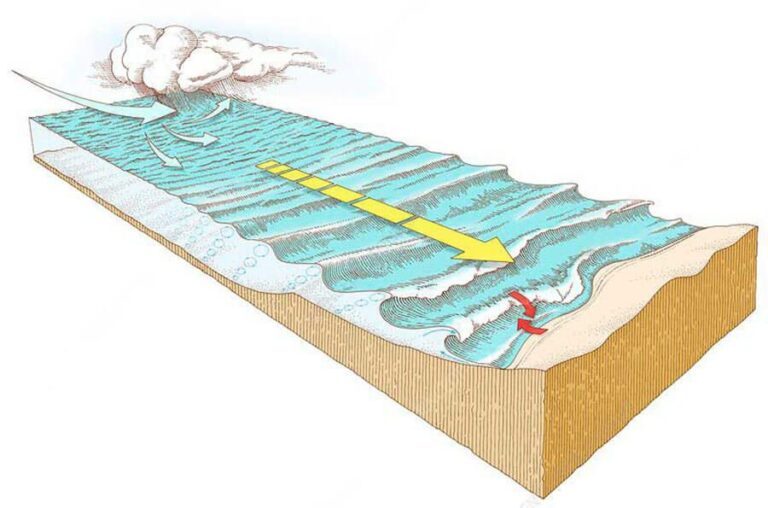Travel to Portugal leads to a unique and diverse country, where every globetrotter gets his money’s worth. With its magical attraction, the Algarve is enchanting, where bathing lovers can enjoy around 300 days of sunshine a year. While the Azores and Madeira entice with hot springs and impressive waterfalls, Lisbon invites you to stay in a vibrant cosmopolitan city. And of course, Portugal is also a popular destination for surfers. Therefore, there are few limits to the variety of destinations in Portugal.
When is the best time to enter Portugal?
Even though the climate in Portugal is temperate maritime, there are significant regional differences. The further south the journey takes you, the warmer and drier the regions are. That is why the bathing season is particularly long in the southern part of the country. In Madeira, the temperature rarely falls below the 20-degree mark. Nevertheless, the probability of precipitation in winter is quite high. While Madeira is therefore a popular year-round destination, the best time to visit the rest of the country is from May to October. For a relaxing swim on the north coast, the best time to travel is from July to August. The same recommendations apply to active vacationers who want to ride the waves while surfing on the Atlantic coast. The best seasons for city trips are spring and autumn.
Regulations for entry and customs
For vacationers from Germany, entry into Portugal is possible with an identity card or passport. With the exception of the temporary identity card, travel documents may not have expired for more than one year. Import regulations for tobacco and alcohol products are based on the requirements of the European Union. Therefore, the import regulations include taking up to ten liters of high-proof spirits and 800 cigarettes. Those traveling to Portugal with their own pet should also carry an EU pet passport. This identification card is recognized as confirmation of valid rabies immunization.
Legal peculiarities in Portugal
If vacationers are planning a trip by car to and through Portugal, they should take a look at the road traffic regulations reformed in 2014 in advance. The road traffic regulations refer to a minimum distance to cyclists of 1.5 meters. In addition, people under 1.35 meters must always travel in a car with a child seat. There is a nationwide ban on nude bathing. Only in the Algarve there are some beaches where there are exceptions to the nude bathing ban. The use and carrying of pepper spray is regulated by Portuguese weapons laws.
Portugal Currency Details
Portugal has been a member of the European Union since 1999. The euro has been the official currency since 2002. Therefore, people arriving from Germany do not have to exchange money before starting their trip. In tourist centers and urban areas, cashless payment is mostly possible. In rural areas, vacationers should always carry some cash for security reasons. Thus, nothing stands in the way of payment in small restaurants, in stores or at markets.
Are medical preparations required?
It is worth taking a look at your vaccination certificate before you travel. Vacationers play it safe if they have all standard vaccinations such as poliomyelitis, measles, diphtheria or tetanus. On trips to Madeira or the Azores, vaccinations against yellow fever are mandatory if vacationers have been in a country with an increased risk of yellow fever a short time before departure. During the rainy season, the risk of contracting dengue fever increases in Madeira. However, the disease is treatable on an outpatient basis. In general, travelers in Portugal are well advised to protect themselves from the high UV exposure with sunscreen.




